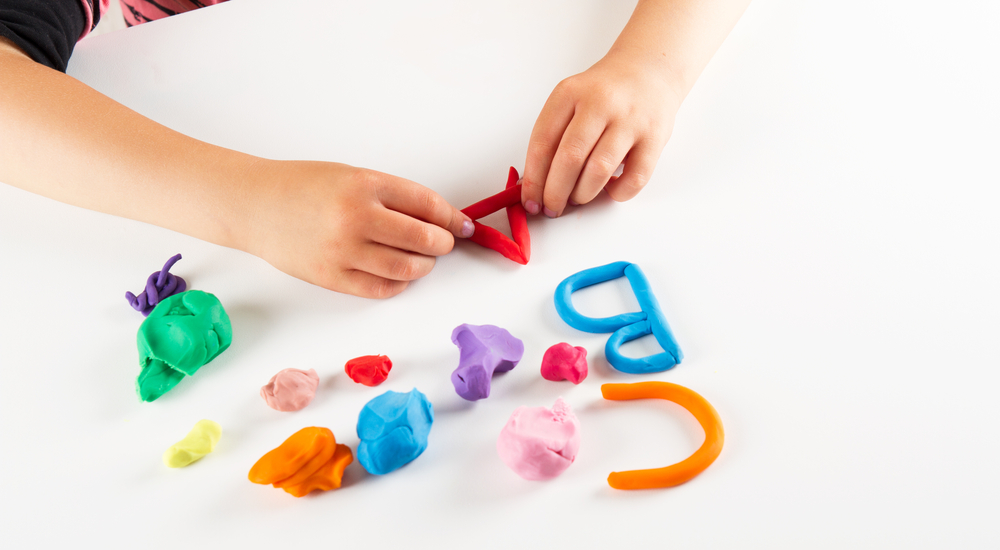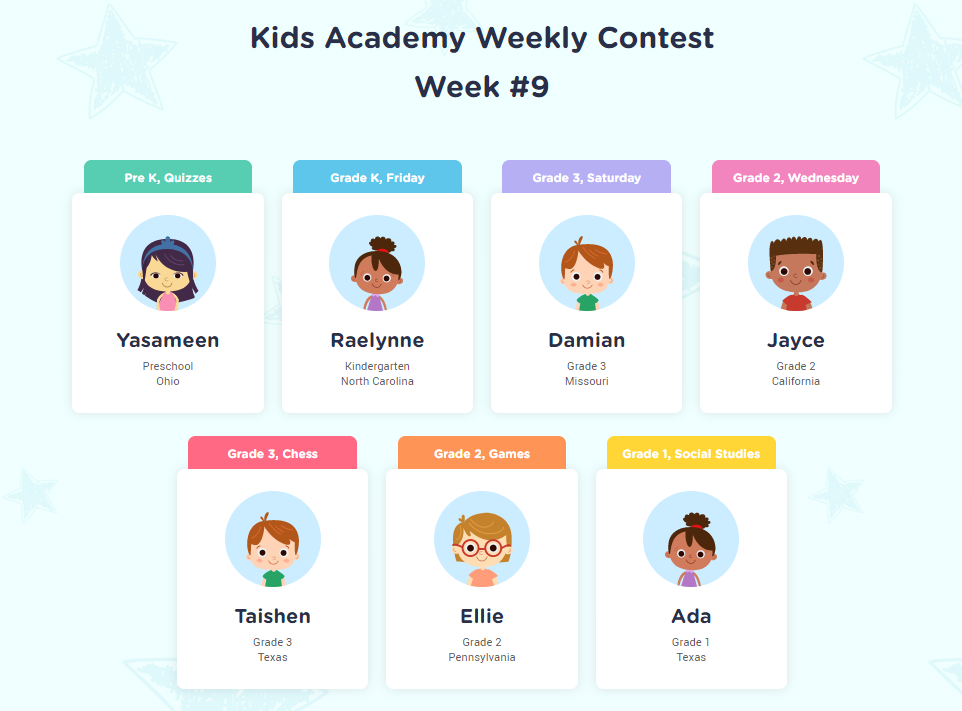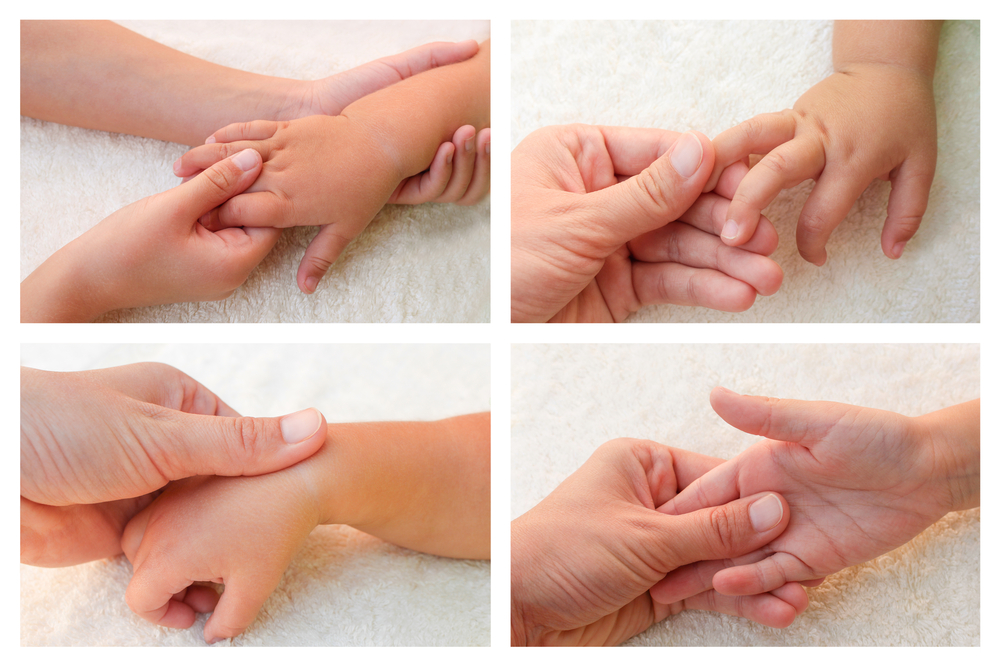Normal Tracing Letters worksheets activities for Ages 3-7
32 filtered results
-
From - To
Welcome to our Normal Tracing Letters Worksheets for Ages 3-7! These engaging activities are designed to help young learners develop essential fine motor skills while mastering letter recognition and writing. Each worksheet features fun, age-appropriate designs that encourage children to practice tracing both uppercase and lowercase letters. Ideal for preschool and early elementary students, our worksheets foster early literacy skills in a playful manner. Download and print these resources easily, creating an interactive learning experience at home or in the classroom. Get ready to support your child's journey towards confident writing with our vibrant and effective tracing worksheets!
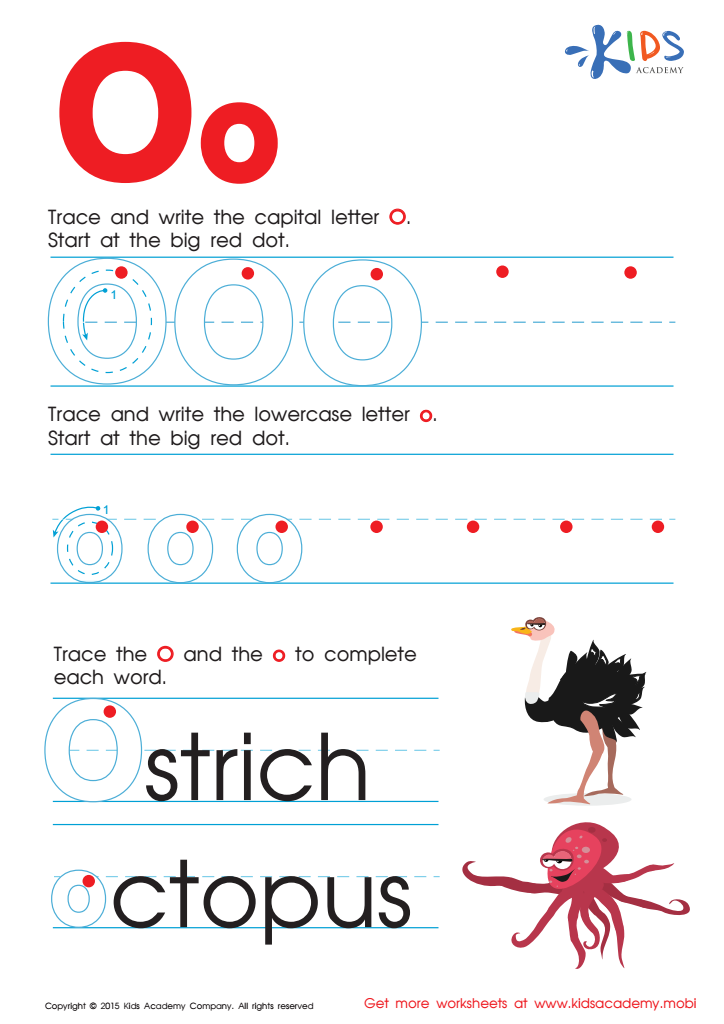

Letter O Tracing Page


Letter P Tracing Page
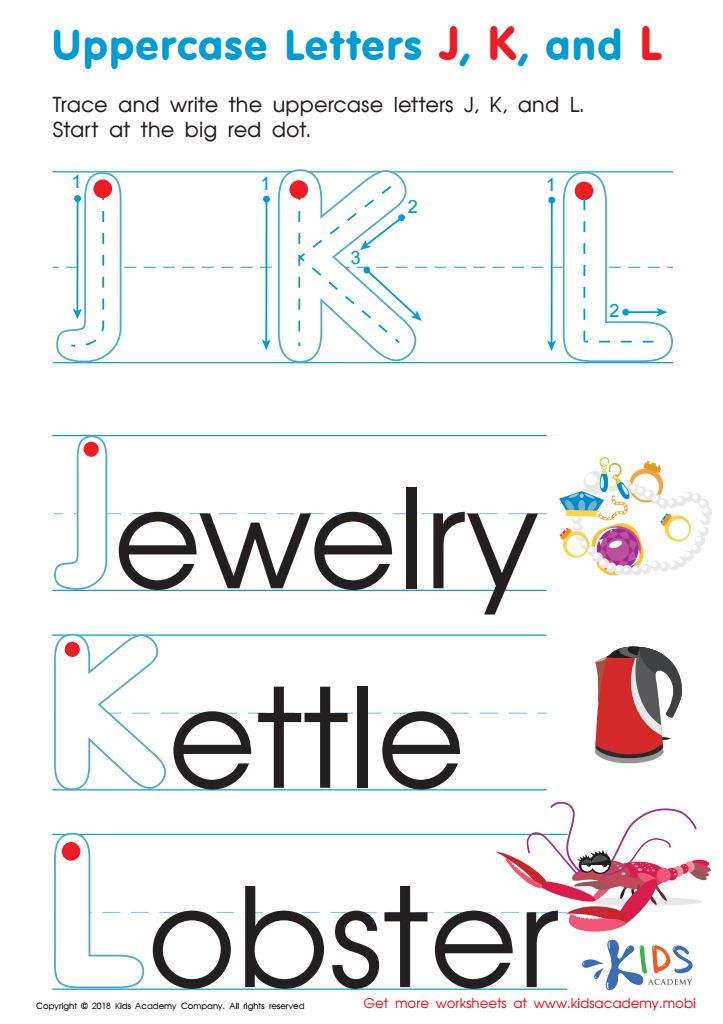

Uppercase Letters J, K, and L Worksheet
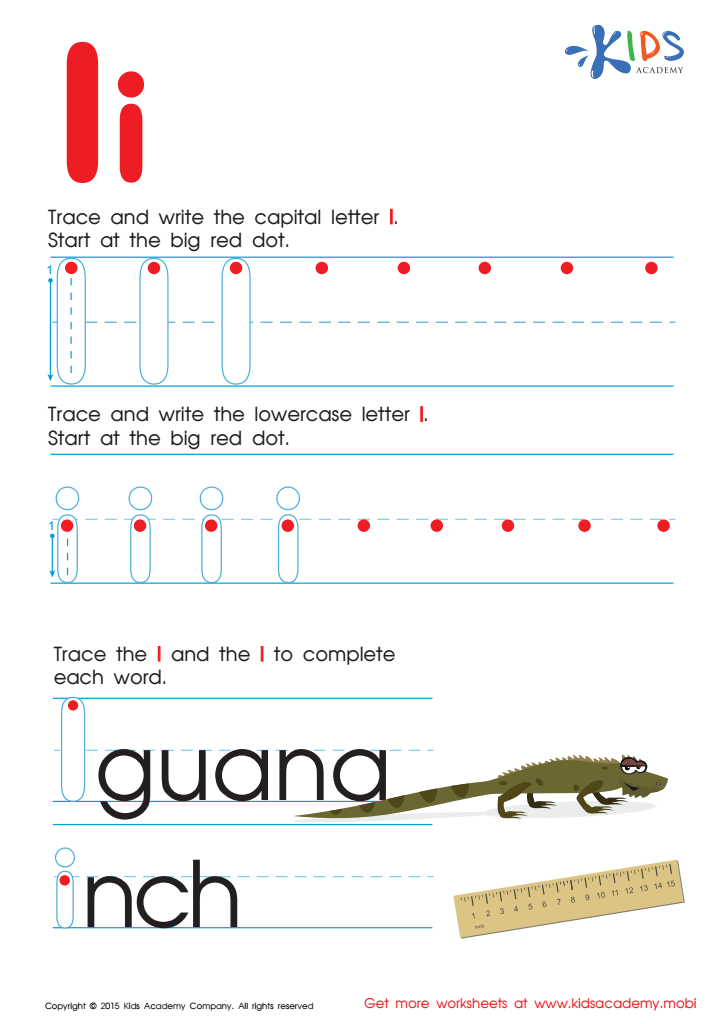

Letter I Tracing Page
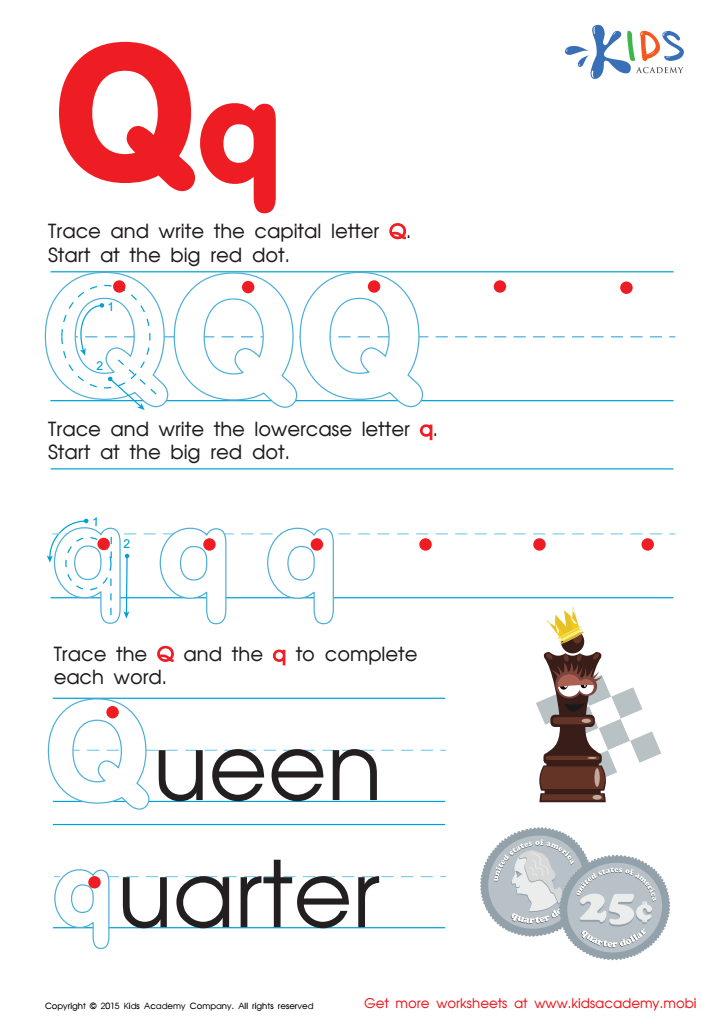

Letter Q Tracing Page


Letter H Tracing Page
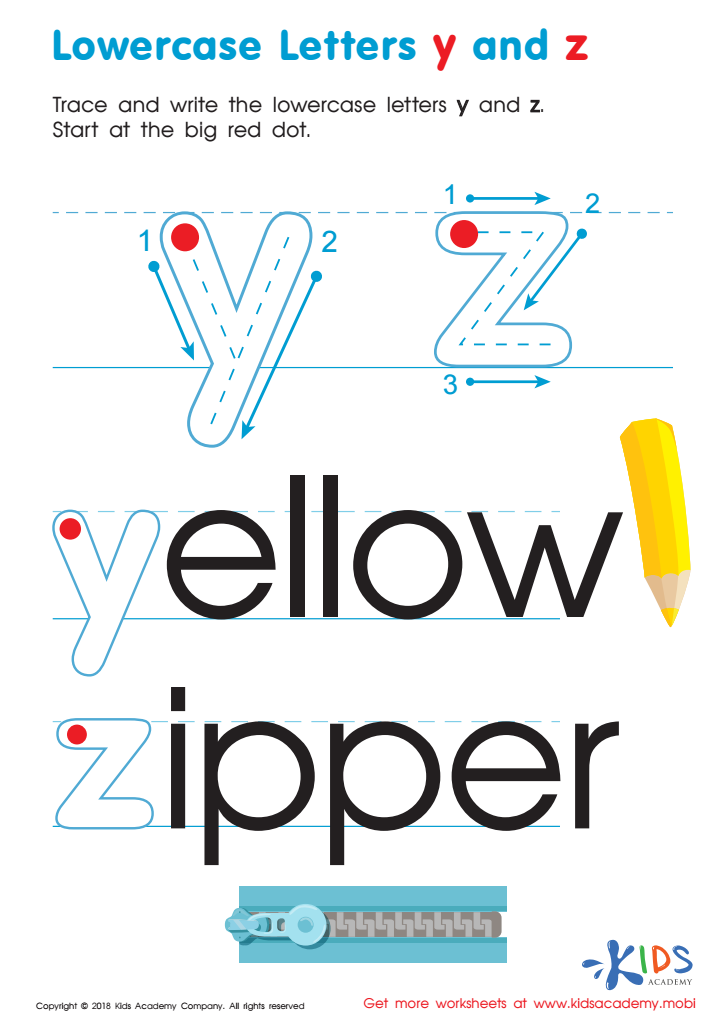

Lowercase Letters y z Worksheet
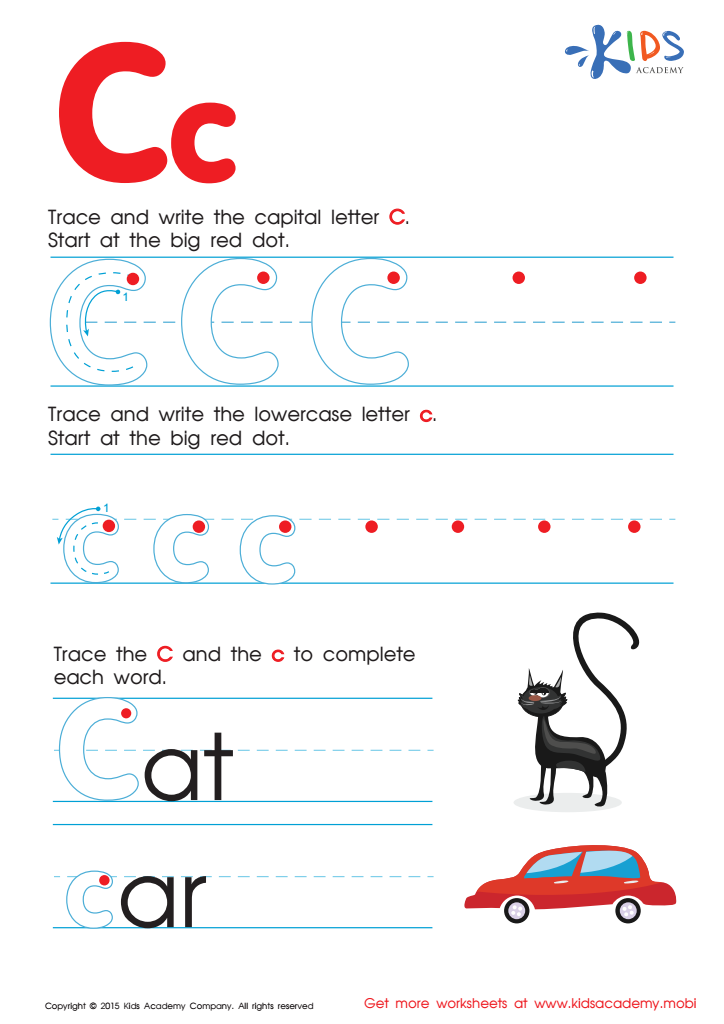

Letter C Tracing Page
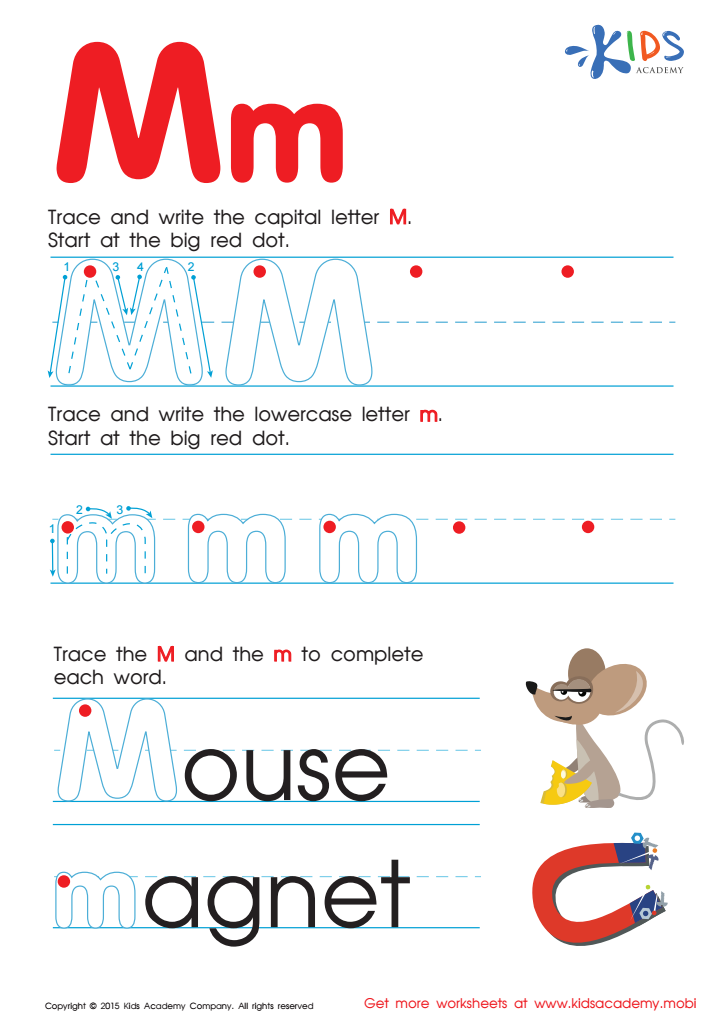

Letter M Tracing Page
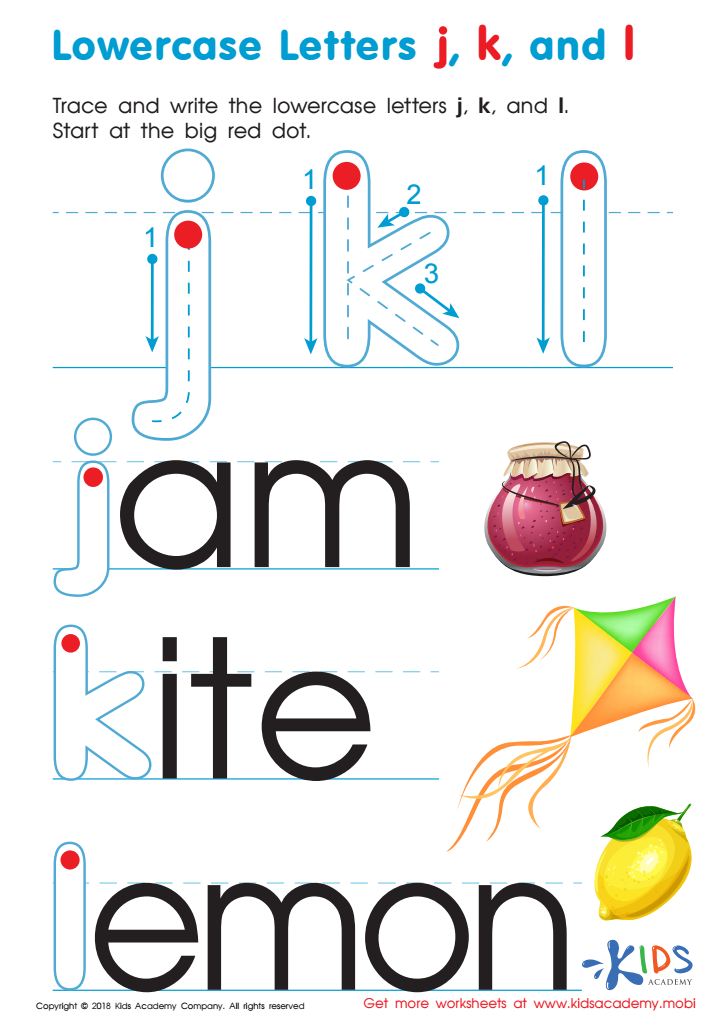

Lowercase Letters j k l Worksheet
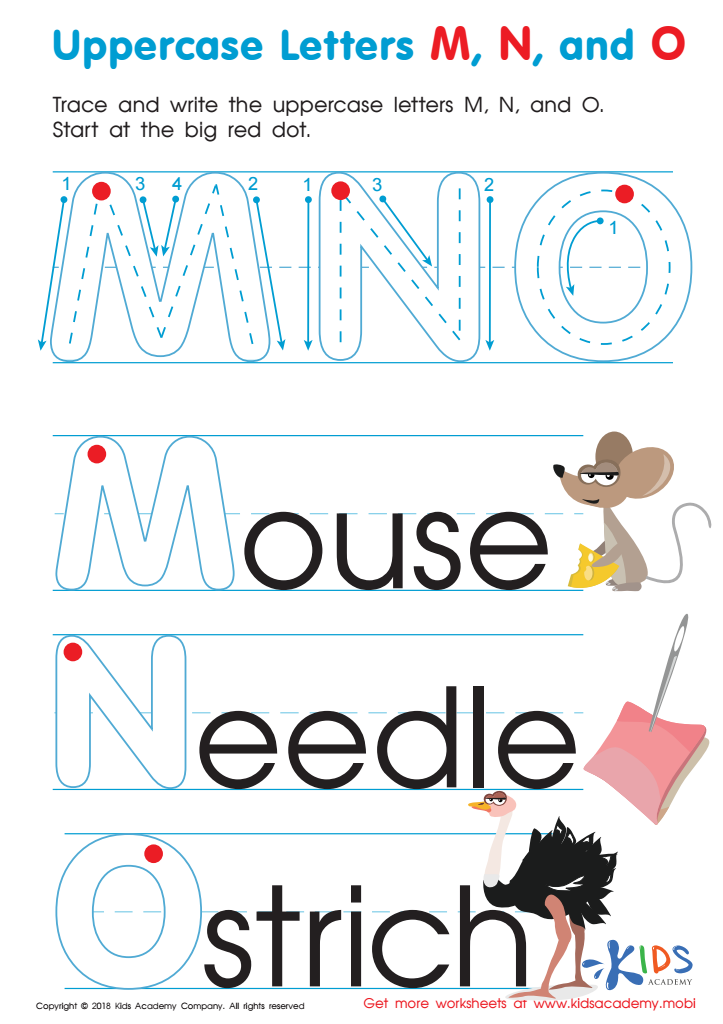

Uppercase Letters M, N, and O Worksheet
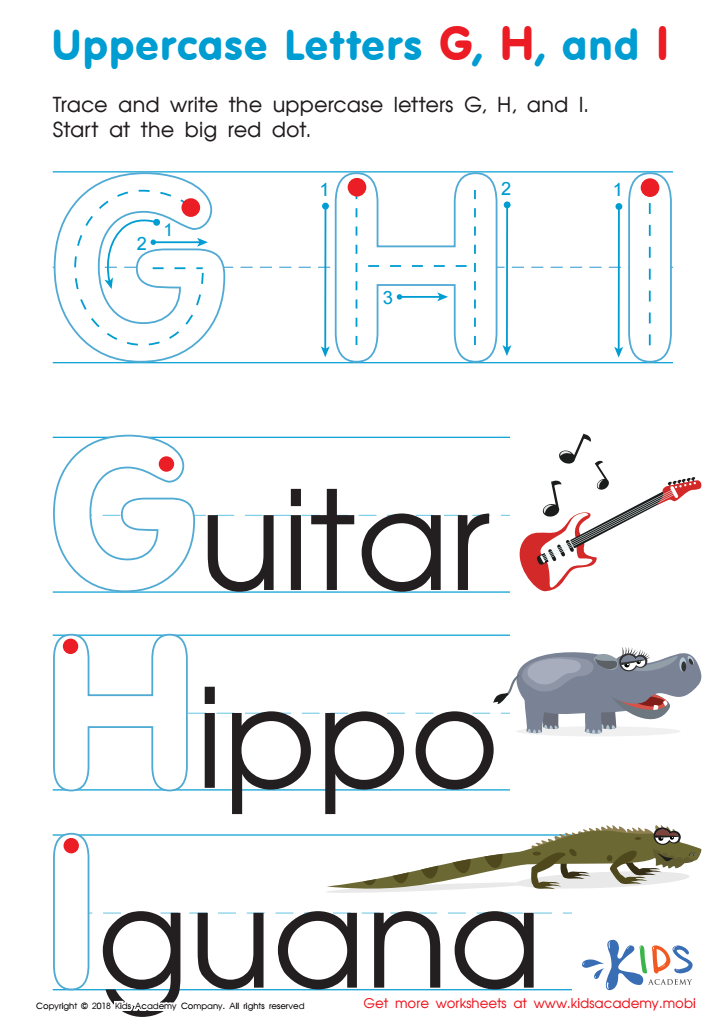

Uppercase Letters G, H, and I Worksheet
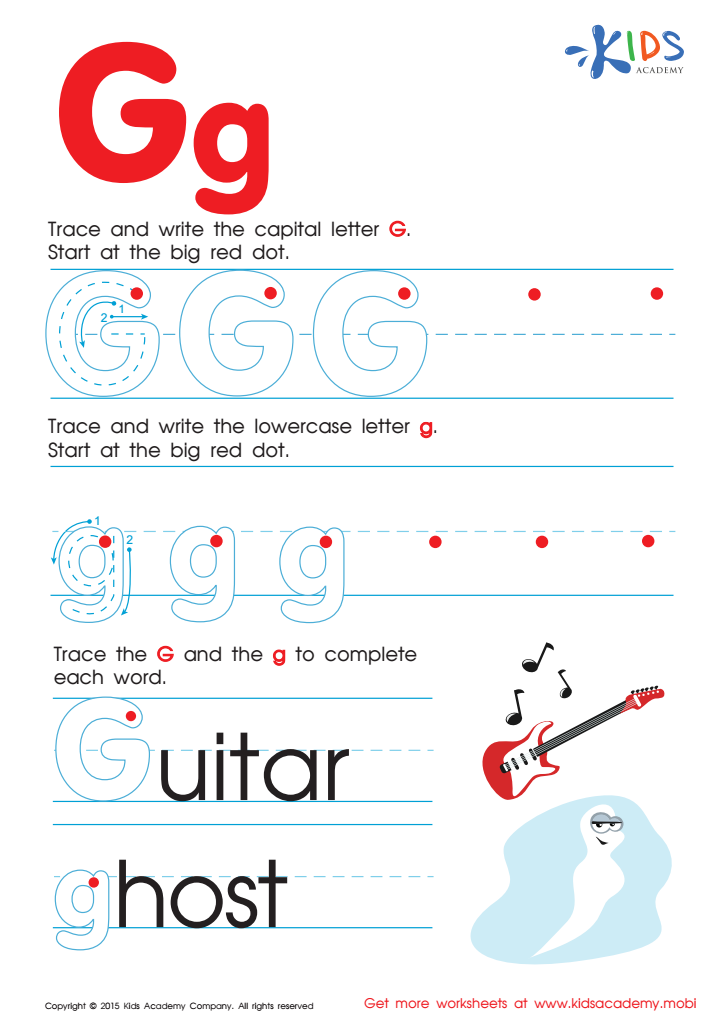

Letter G Tracing Page
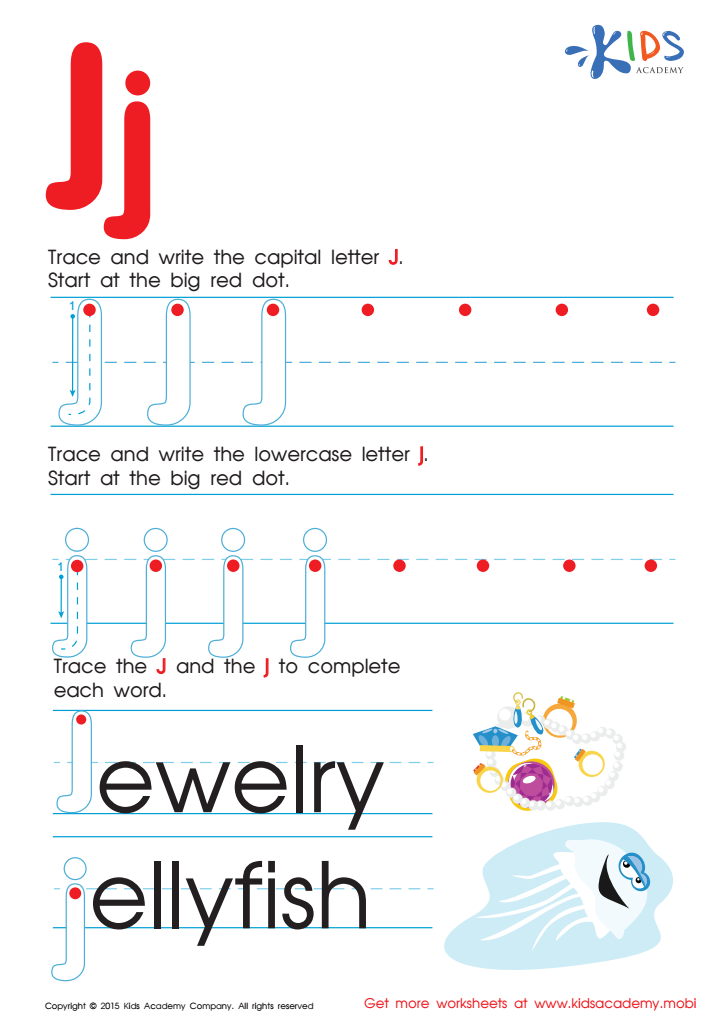

Letter J Tracing Page
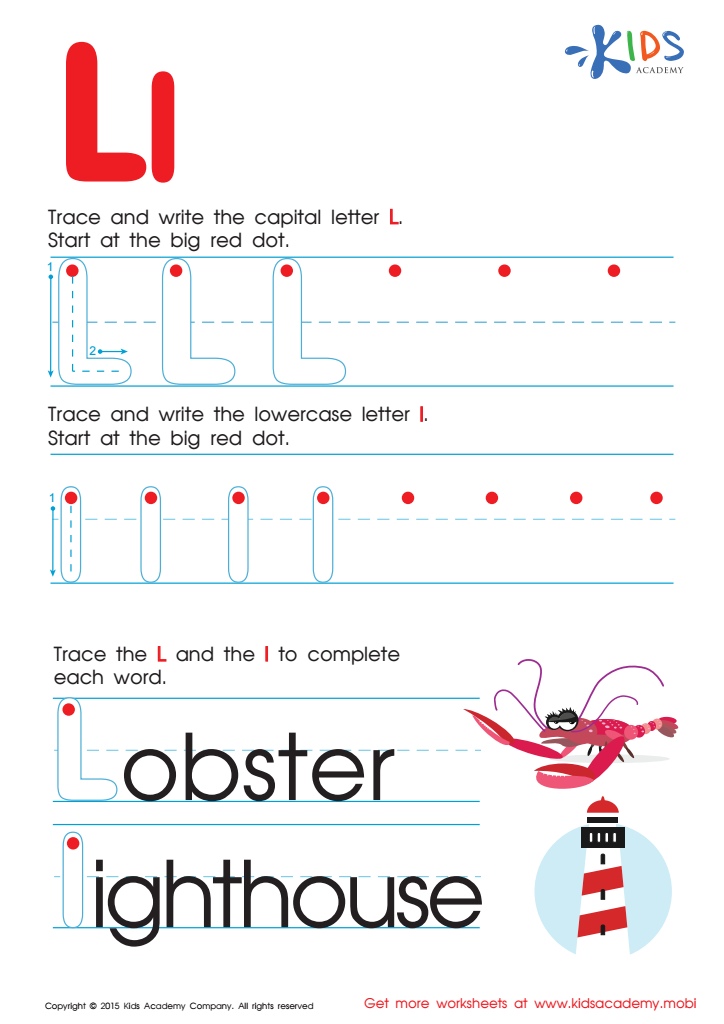

Letter L Tracing Page
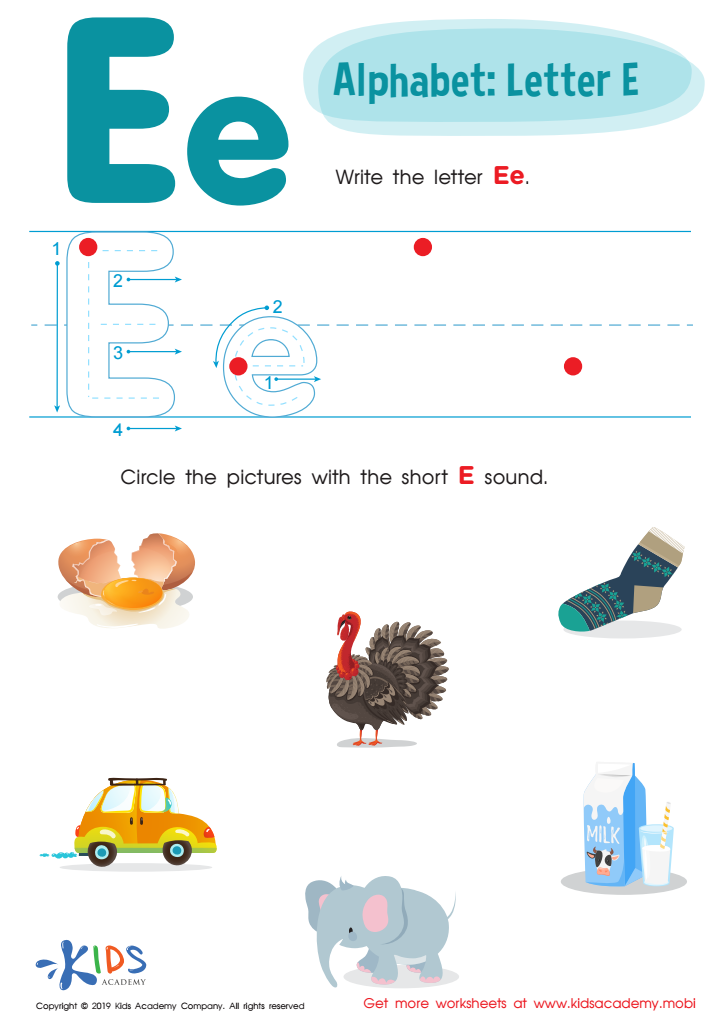

Letter E Tracing Worksheet
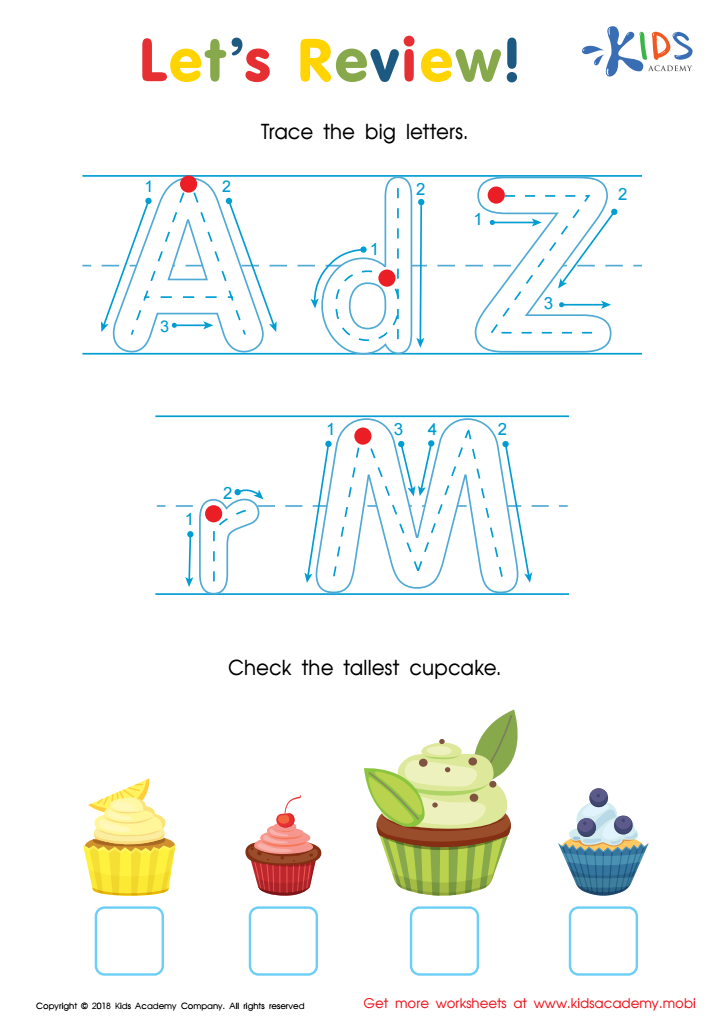

Let's Review! Big Letters Worksheet
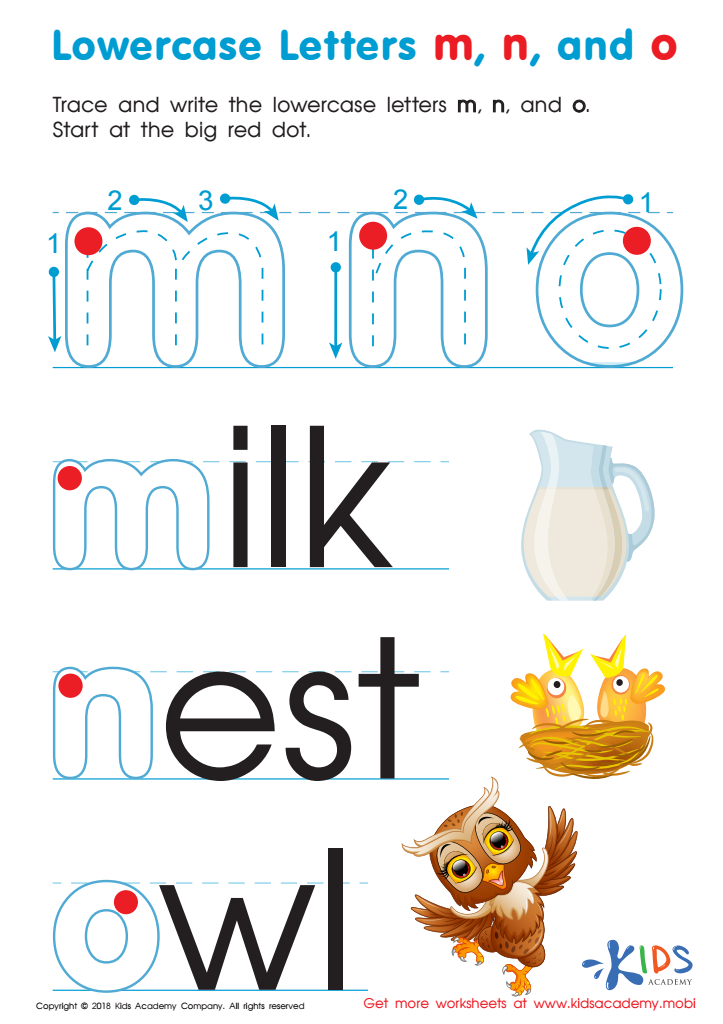

Lowercase Letters m n o Worksheet
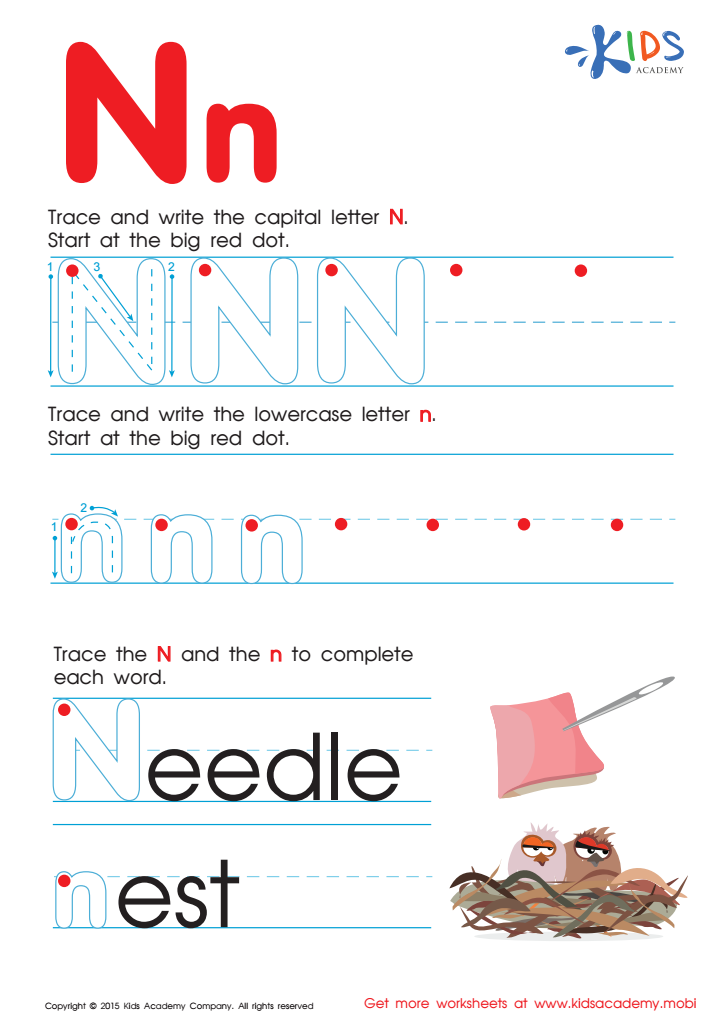

Letter N Tracing Page
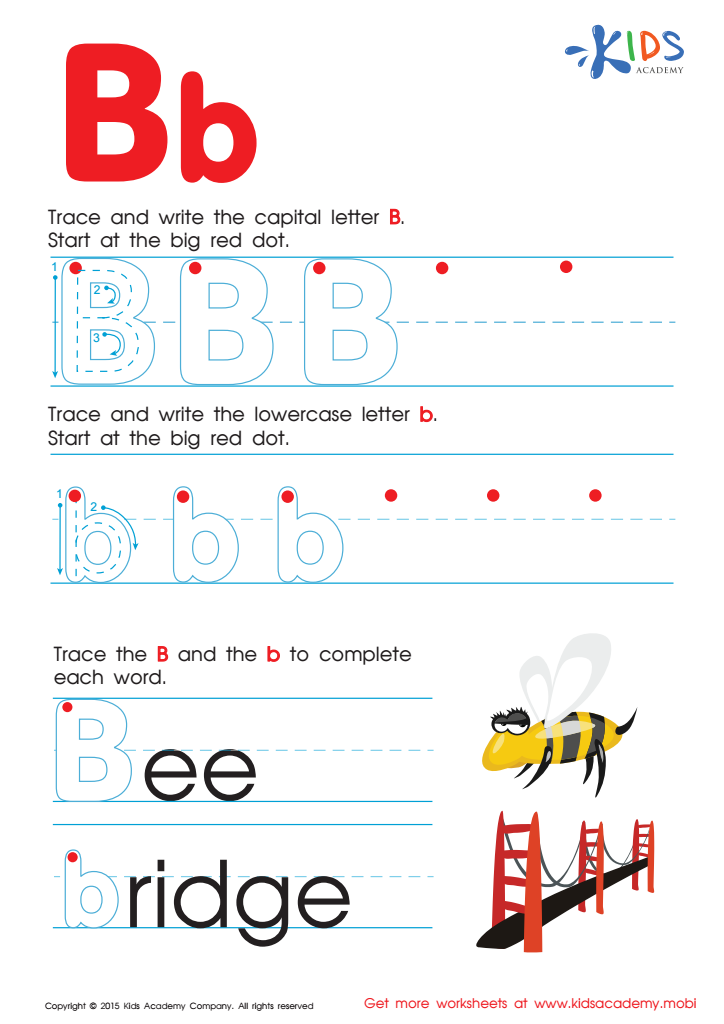

Letter B Tracing Page
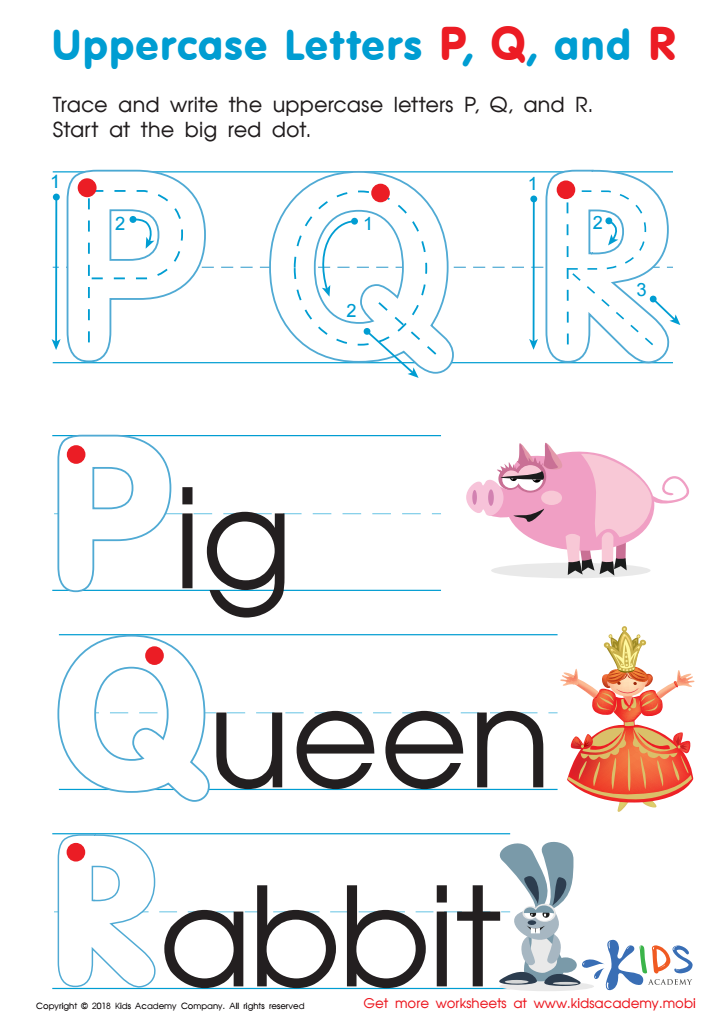

Uppercase Letters P, Q, and R Worksheet
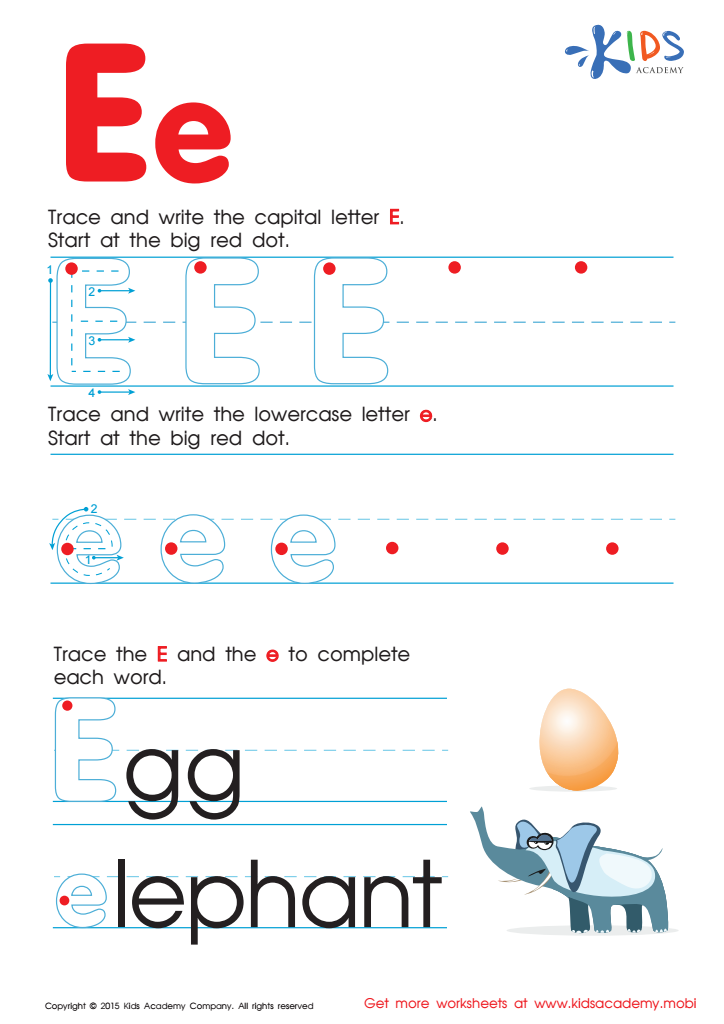

Letter E Tracing Page
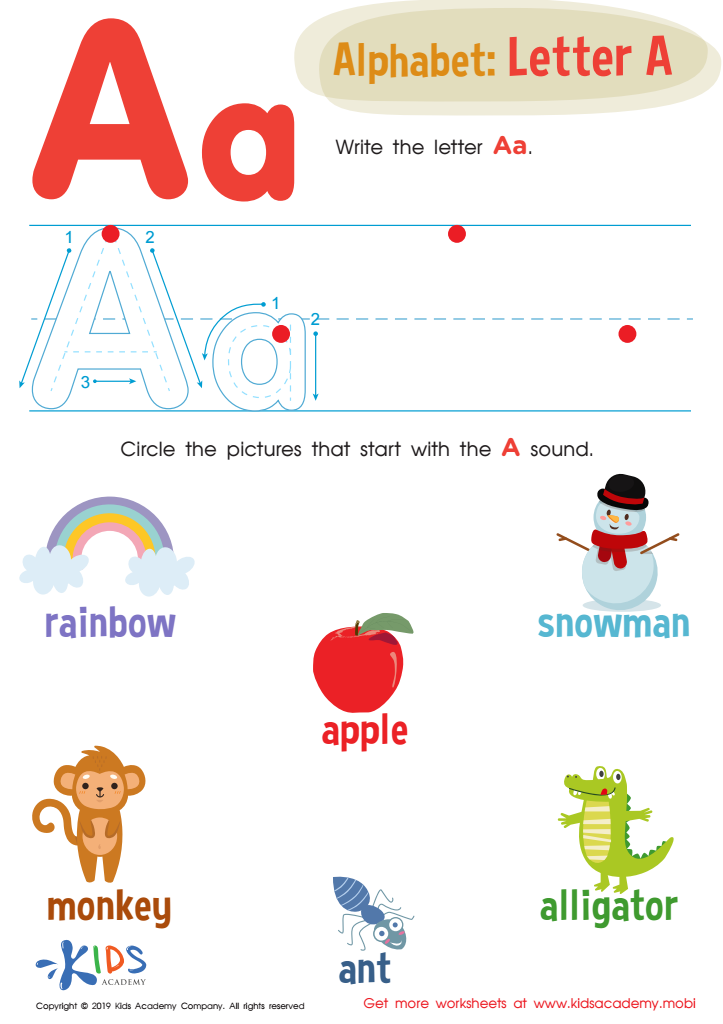

Letter A Tracing Worksheet
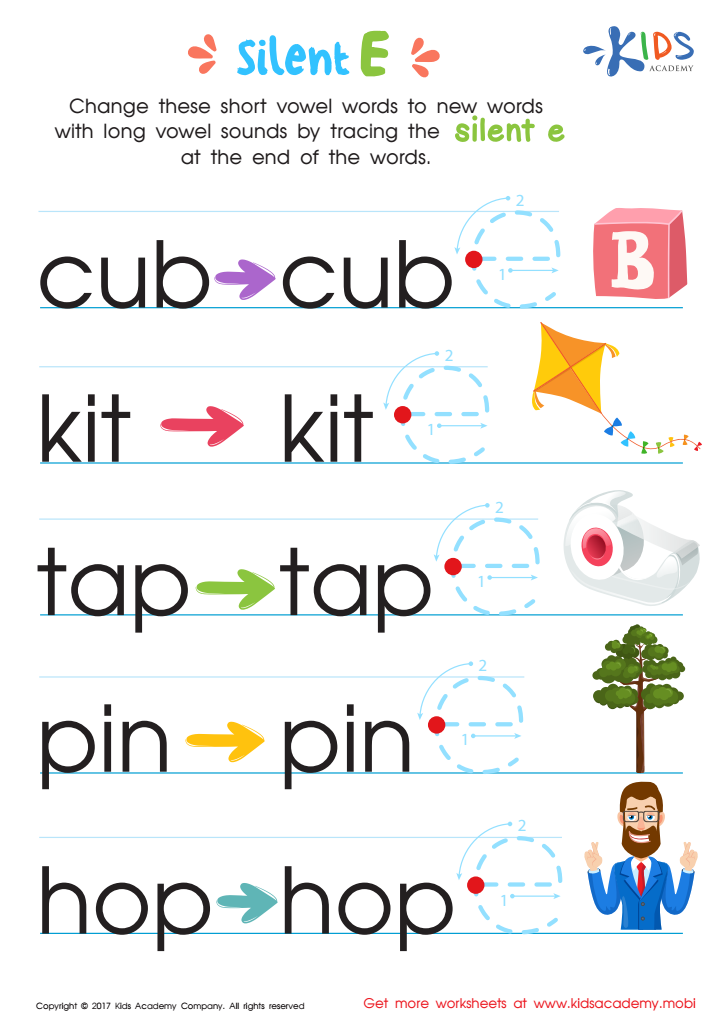

Silent E Words Worksheet
Normal Tracing Letters activities are essential for children aged 3-7 as they lay the foundation for literacy and fine motor skills development. During this crucial period, children are beginning to understand the components of language, and tracing letters helps solidify their recognition of letters and sound associations. Engaging in these activities increases their familiarity with letter shapes, enhancing their ability to write and read.
Additionally, tracing strengthens fine motor skills, necessary for more complex tasks like writing, drawing, and using scissors. These activities promote hand-eye coordination, enabling children to control writing instruments better. This early mastery can significantly influence their academic success and boost their confidence as they progress in their education.
Moreover, Normal Tracing Letter activities can be both educational and enjoyable when integrated into interactive play, creating a positive learning environment. Parents and teachers play a crucial role in fostering enthusiasm for letters and literacy through support and encouragement during these activities.
Ultimately, the benefits are far-reaching, aiding not only in literacy but also in setting a strong foundation for lifelong learning and effective communication skills. By prioritizing Normal Tracing Letters activities, adults can significantly contribute to a child's overall development and future academic success.
 Assign to My Students
Assign to My Students



